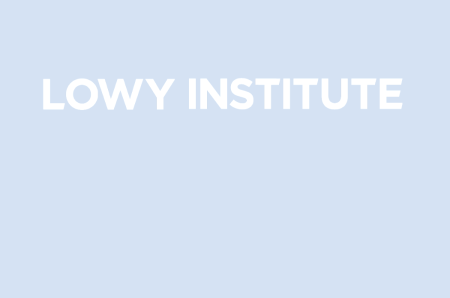Dr Alan Dupont AO

Alan Dupont is a Nonresident Fellow at the Lowy Institute.
Dr Alan Dupont is founder and CEO of the Cognoscenti Group, a political and strategic risk consultancy, and one of Australia’s best known strategists, Asianists and thought leaders. Alan has an international reputation for his work on geopolitical risk, defence and national security and has been an advisor to a number of Australian ministers of defence and foreign affairs. In 2013/14, Alan established and led the Abbott Government’s Defence White Paper team. He has received commendations for his work from the governments of Japan and East Timor and was recently named by the Australian Financial Review as one of Australia’s top two strategists.
In a long and diverse career across government, the private sector and academe, Alan has been an astute observer of many of the seminal developments in world affairs. Following 25 years of service in government as an army officer, defence intelligence analyst and diplomat Alan distinguished himself as an academic entrepreneur and scholar. He has held senior appointments at the University of NSW and the University of Sydney where he was the inaugural holder of the Michael Hintze Chair in International Security and the first CEO of the United States Studies Centre.
Alan is Contributing National Security Editor for The Australian newspaper and frequently comments on defence and security issues for the electronic media. He has been interviewed for most Asian dailies as well as leading newspapers in the US and Europe including the New York Times, Washington Post, Financial Times, Le Monde and the Wall Street Journal. The author of nearly 100 books, monographs and articles on defence and international security, his path breaking study of the non-military, transnational challenges to East Asia’s security for Cambridge University Press (East Asia Imperilled) is generally acknowledged to be the authoritative academic work in the field.
Alan holds a PhD in international relations from the Australian National University and is a graduate of the Royal Military College Duntroon and the US Foreign Service Institute. He is currently an Adjunct Professor at the University of NSW in Sydney and a non-resident Senior Fellow at the Atlantic Council in Washington.






